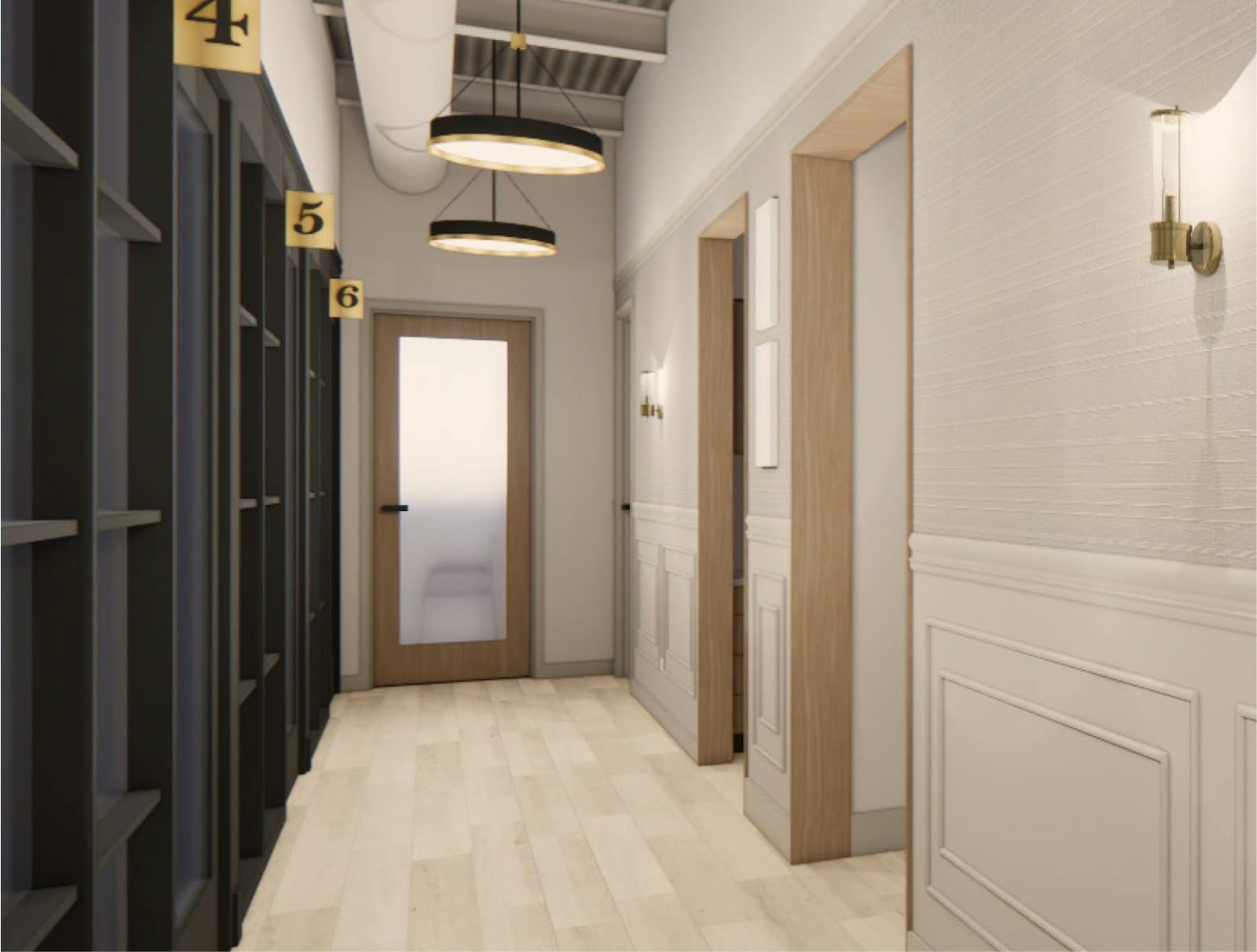Our nerve transfers in Denver are a type of surgical procedure that is designed to restore muscle function following peripheral nerve injury. This approach involves transferring an expendable or less critical nerve to a more critical nerve to restore function to the affected area.
How Does Nerve Transfer Work?
The peripheral nervous system is made up of networks of nerves that connect the brain and spinal cord to the muscles and organs throughout the body. When a peripheral nerve is damaged, the movement of muscles in that area can be affected. In some cases, nerve function can be restored by splicing a healthy nerve that is no longer essential in another part of the body into the affected nerve. The healthy nerve fibers will begin to grow into the injured nerve, repairing the damage and restoring function.









